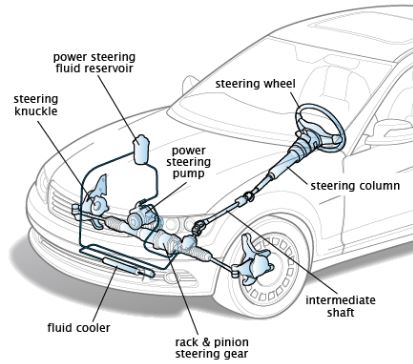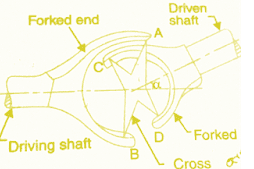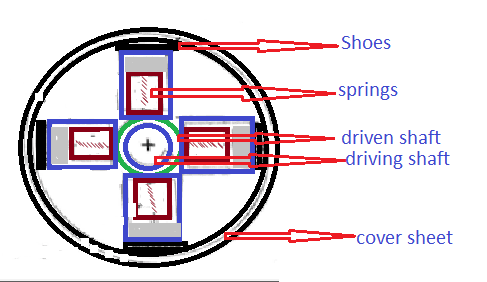Difference between AC Motor and DC motor?
An AC motor is an electric motor that uses alternating current, while a DC motor is an electric motor that uses direct current.
An AC motor has a rotor which rotates in the same direction as the voltage applied to it.
A DC motor has a rotor that is stationary while the field current produces torque around it.
DC Motor via Gfycat
An AC motor is an electrical machine that converts the mechanical energy of a rotating shaft into electrical energy.
A DC motor is an electrical machine that converts the electrical energy from batteries or power supplies into mechanical energy, which then rotates a shaft or other mechanism to do work.
Both types of motors are commonly used in electric motors, generators, pumps, compressors, and other devices.
AC motor uses a commutator to convert the alternating current from the power source into direct current for use by the motor’s rotor, whereas a DC motor does not have this component.
The main difference between the two motors is how they work. AC motors operate by using rotating magnets to create a magnetic field in order to create force. The stator produces alternating voltage with only one pole at a time active, which creates the rotating magnetic field in the rotor.
DC motors use direct current and rotate inside permanent magnets, which are mounted on the shafts of both their poles so they can be repositioned when needed without changing anything else about the design of the machine.
AC Motors Can have greater torque than DC Motors due to their design and can therefore be used for heavy-duty applications such as powering pumps or fans.
AC Motors are More expensive to manufacture because it requires more complex circuitry and many more magnets (in fact, most household appliances use this type of machine).
AC motors are more efficient than DC motors and can run on a wide range of power sources.
DC motors have a greater starting torque and use less energy when turning at low speeds, but the speed is limited by the resistance of the windings.
AC motors do not have any electrical resistance, so they will always turn at their maximum speed. AC also has no problem with high-power loads.
AC Motors requires more maintenance than DC motors since there are two windings and brushes that need to be cleaned periodically.
The power supply circuit is more complex with an AC motor than with a DC motor.
AC motors produce electromagnetic interference (EMI) which can disrupt or damage electronic equipment such as computers and other sensitive electronics.
DC motors are typically limited to low-power tasks.
The cost of the wiring required for AC motors is much higher than that for DC motors.
DC motors are simpler to build than AC motors because they have fewer components.
The torque output of a DC motor is higher than an AC motor.
The power delivered by an AC motor can’t be stored.
DC Motors are more efficient than AC Motors.
Applications Of AC Motors:
AC motors are better for devices that require high speed, such as in the case of industrial drives and wind turbines.
Applications Of DC Motors:
DC motors are better for low-speed applications like home appliances, toys, electric cars, and personal power tools.


